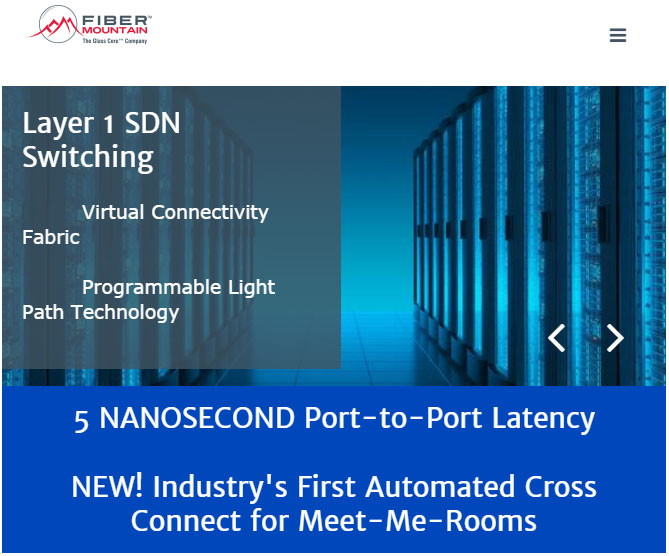EMC: The Modern Data Center Must Run On Open Source
It's likely going to seem counter-intuitive to the outside observer, but EMC's vice president of technology, Joshua Bernstein, recently advanced a radical notion that could change a lot of the technology field as we know it. Bernstein asserted that the modern data center must run on open source, and his support for this assertion is shockingly cogent.
While delivering a keynote address, Bernstein asserted that there are several key factors to properly drive a data center's growth and operations: flexibility, innovation, freedom and integration. Open source, essentially, represents all of these points as a matter of course. Bernstein further noted a connection between DevOps, agility, and open source, noting that agility was a major key to overall success.
Being flexible also played a role here, as open source allowed for greater flexibility through more applicable use cases for the software. It can be better run from anywhere, on any system, and that gives it the opportunity to deliver the most value. Properly flexible software can be run from a laptop for testing, run from a data center, or even from Amazon, and that's one value open source delivers well.
Open source allows for better interoperability—which is a great selling point of many systems, the ability to work well with what's already in place—and allows for the ability to “leverage a collaborative community,” or bring in several different viewpoints to create a more cohesive whole. Open source can also provide next-gen compatibility, particularly as DevOps relates, and can offer a slate of other benefits ranging from reduced costs to the ability to attract top talent, particularly if someone does something especially noteworthy with an open source product.
Bernstein's vision is perhaps a little pie-in-the-sky; those who object to open source everything will likely wonder how anyone makes any money if the only products people will use are those available for free. Yet he has a point: open source software can often be extremely valuable for a variety of reasons, and it can generate future opportunities. Consider running a big data operation on open source and charging not for the software, but instead for its output. Or for the complete hardware package running the software. There are possibilities here for unrealized income that may not have been put to use yet just because open source isn't as widely used as it could be.
Open source offers a lot of advantages for the modern data center, and Joshua Bernstein's remarks made that much perfectly clear. It may not be quite as easy as suggested, but there's certainly enough value to make it worth considering.
Edited by Alicia Young


